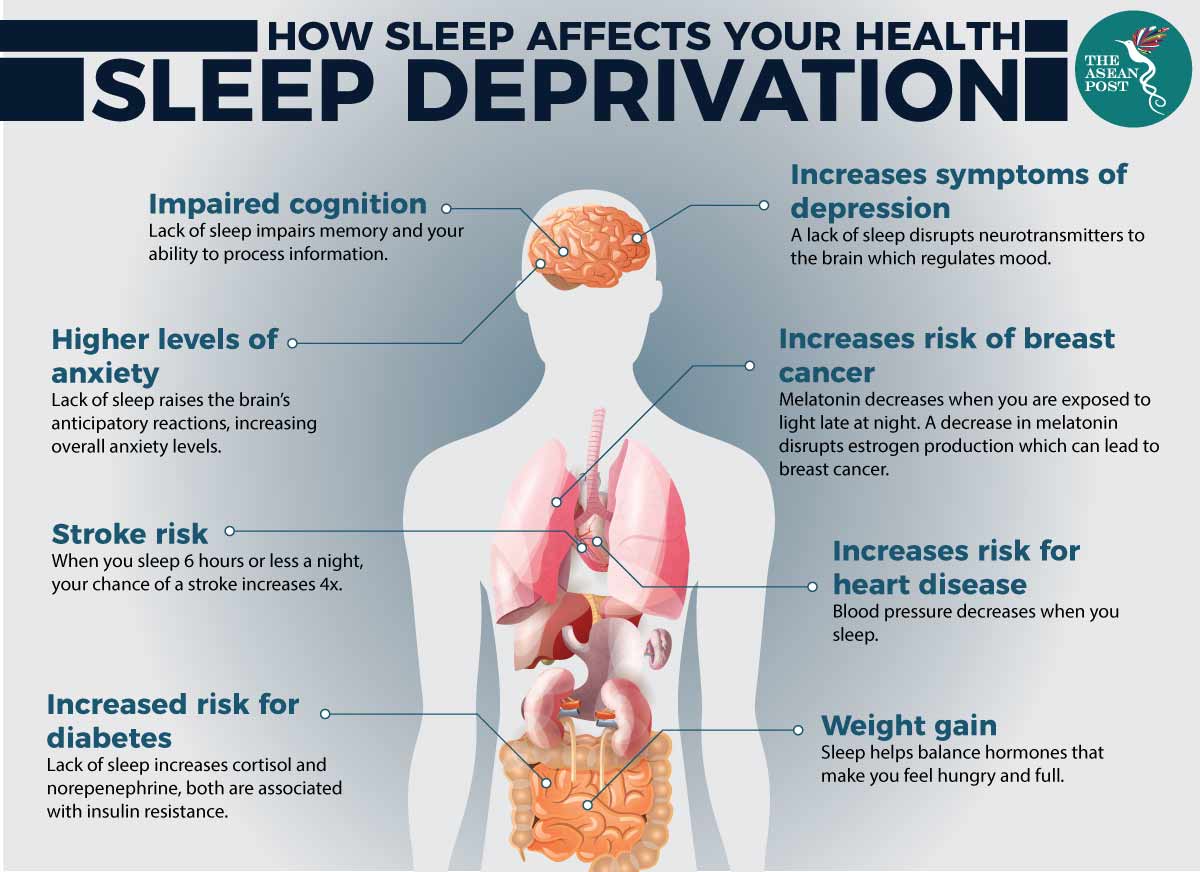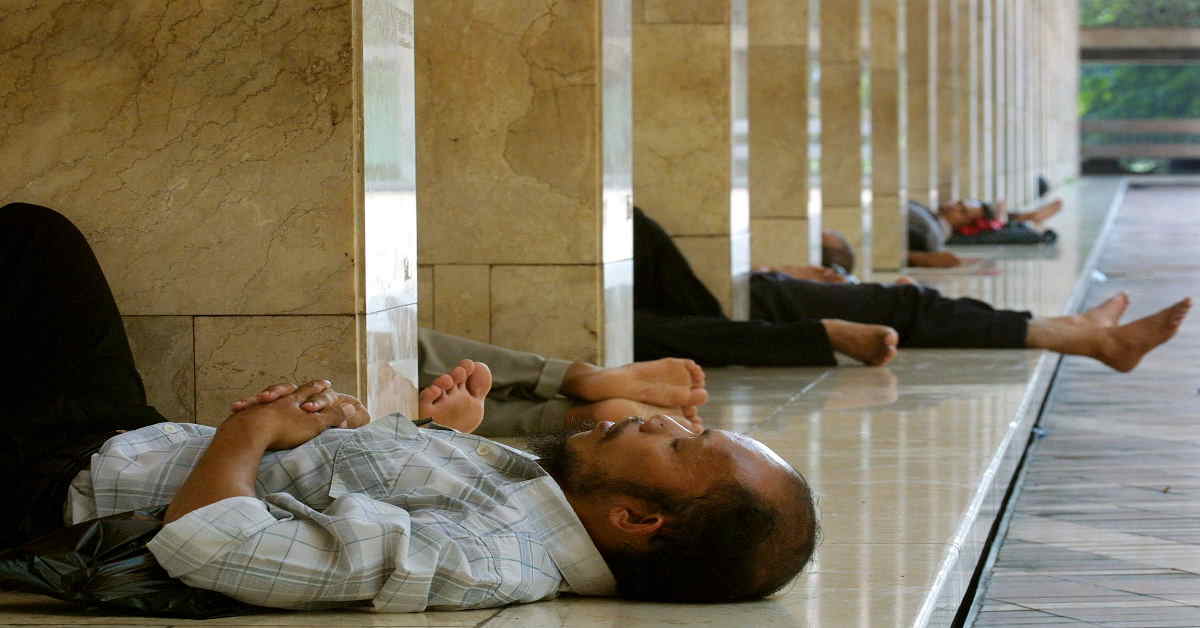We spend up to one-third of our lives sleeping; a basic human need which is crucial to our overall health and well-being. For most adults, getting seven to eight hours of sleep every night might be the most important thing they can do for their physical and mental health.
According to Dr Erik St. Louis, Co-Director of the Mayo Clinic Center for Sleep Medicine, an adequate amount of sleep is important for brain health, since during sleep – the brain washes away toxins that accumulate while we’re awake that can potentially damage the aging brain.
“Sleep also keeps the brain’s wiring and connections healthy and working at their best, especially when learning and remembering new things from earlier in the day,” he added.
However, for the most part, Southeast Asians are simply not getting the required amount – and this lack of sleep can lead to health issues and reduced productivity.
Insomnia is the most common sleep disorder, with 35 percent of Malaysians and 20 percent of Thais suffering from it.
Effects of lack of sleep
The lack of sleep or poor-quality sleep is known to have a significant negative impact on our health in the long and short-term, and next day effects of poor-quality sleep include a negative impact on our attention span, memory recall and learning.
Longer term effects are being studied, but poor quality sleep or sleep deprivation has been associated with significant health problems, such as obesity, diabetes, weakened immune systems and even some cancers.
The amount of sleep a person gets is linked to cardiovascular disease and death, according to a study of over 116,000 people from 21 countries in seven regions of the world published in the European Heart Journal last December.
Malaysia and the Philippines are two ASEAN countries included in the seven-year survey titled, ‘Association of estimated sleep duration and naps with mortality and cardiovascular events: a study of 116,632 people from 21 countries.’

Compared to people who slept for the recommended time, those who slept a total of six hours or less each night had a nine percent increased risk of dying or developing diseases of the heart or blood vessels in the brain. Those who slept more than eight hours had an increased risk of between 17 to 41 percent.
Mobile phones and stress
Advances in technology has led to an increasingly connected and busy world where people are spending more time than ever communicating with family, friends and colleagues via electronic devices. Devices such as cell phones, tablets and computers are allowing people to stay up to date with the latest issues and consuming entertainment and other content on the go. In addition, the need to constantly reply e-mails, WhatsApp messages and other work-related correspondence after office hours has contributed to the rise in time people spend on these electronic devices.
All this is affecting their sleep.
Numerous studies have shown that the blue light emitted by screens on cell phones, computers, tablets and television decrease melatonin production, the hormone that regulates night-day cycles or sleep-wake cycles.
Solutions can be found in apps such as Night Shift, Flux and Twilight, which work on a variety of products and help to adjust a display screen’s hue and intensity. Screen protectors that block blue light from screens and glasses which do the same are easily available – but the best advice researchers have is to stop using electronic devices one to three hours before going to bed and making the bedroom an electronics-free zone.
Stress was found to be the number one reason keeping Singaporeans up at night, with 61 percent of them losing sleep over worry or stress – higher than the 12-country average of 54 percent, according to a survey conducted by Royal Philips, a health technology firm. Additionally, other major factors that keep Singaporeans up at night include their sleeping environment (35 percent) and distraction from entertainment such as television, and social media (30 percent).
Ultimately, we have to realise that getting good quality and quantity of sleep is key to ageing well and protecting our mental and physical health. Getting enough sleep has also been associated with decreased rates of depression. Consequently, we should be making good quality sleep a priority in our daily lives.
Related articles:
